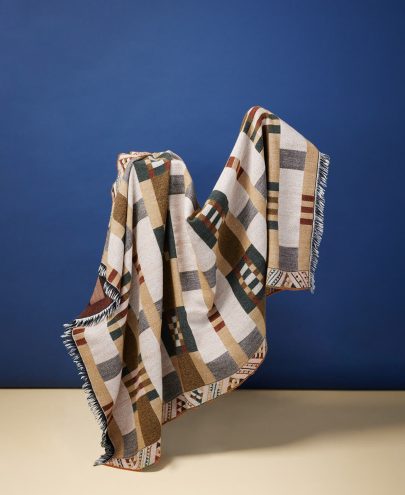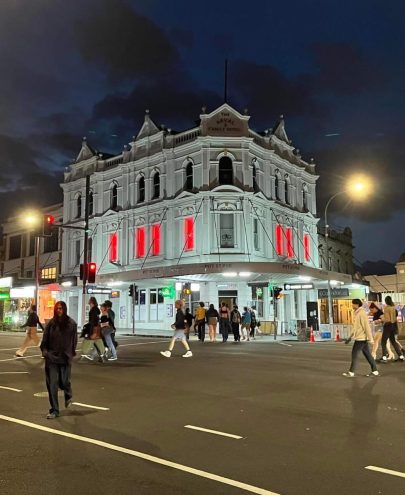Jul 5, 2013 etc
A recent essay on the art of magazine writing by Metro editor Simon Wilson set off a storm of online debate. Did critics get the point?
I hope it won’t surprise too many people to learn that I disagree with very little of Ashleigh Young’s response to my piece. There is lots of good writing in this country; it is hard to make your way as a writer; it is not fair to assume that everyone will spring into print as a fully formed Antipodean version Janet Malcolm or one of the other writers I mentioned – and we would not be well served if that was the only model.
I liked reading Ashleigh’s piece, and I can assure her, despite her tweeted fear, that no bridges have been burned. I rate her and I really hope she pitches more work to me.
But I also found her response terribly depressing. What Ashleigh has effectively signalled – and what some tweeted responses have reinforced – is that many of our good writers are not particularly interested in writing for this magazine or others in what we used to call the “mainstream”. Despite the fact that we pay, at the top end of what freelance journalists can get paid in this country.
(Just on that, for the record: we pay our writers. I have a budget, of course, and I use it across the magazine and our two online sites, this one and Metro Eats. I do not ask writers to work online for free.)
Not so long ago, Brent Impey, the former CEO of MediaWorks, spoke at a Late at the Museum event. He said one thing I agreed with, and another I didn’t.
“No jobs that are gone will be coming back,” he said. That, in my experience, is true. It is tragic that so many journalism jobs have been dissolved, that so many journalists have left the profession and stopped writing. But the jobs are not all gone, and the work for freelancers has not gone either.
I know, very few freelancers can make a living from their writing. But that doesn’t explain why some of our best writers choose not to be paid for their work, by posting online or publishing in small independent outlets, when they could submit to a publication that will pay them.
What I disagreed with in Impey’s comments was his suggestion that the reason it’s so hard to put good current affairs onto primetime TV is “your average housewife in Mt Roskill doesn’t want it”. That may or may not be true, but it’s irrelevant. The main reason we don’t have much good current affairs – or good TV of any kind – in primetime is that the people who might form its natural market don’t watch it on free-to-air any longer.
It’s the same reason the sales of good local books (especially novels) have collapsed, the audiences for local films have shrunk, the circulation of magazines and newspapers are declining, and audiences for challenging plays are more precarious than ever. Culturally engaged, educated, participating members of society do not read, watch, listen and most of all, buy, the cultural forms for which they are the core market.
It’s not the fault of the Philistines. They never bought any of this stuff or cared about it anyway. It’s us. We don’t support it the way we used to.
There are lots of reasons for this, but one of them is that we can all get so much really good free stuff online – we can all feel connected to the debate without having to pay for it – that we value the old forms much less. One small example: I write a polemic in Metro lambasting writers for not submitting long-form feature ideas to the magazine, and it gets a quiet response. We post it online, and it creates a great flurry of comments – on Twitter.
We’re not at the endgame in all this. In magazines, we know people like to hold what we make in their hands – they value the artefact. We know if we take that value, and produce something whose content and style connect with readers, we will do well. It’s harder than it used to be, but it can be done. Metro’s sales are up this year, and we are not alone.
We’re also not at the endgame because throughout the cultural world, all sorts of companies and individuals are committed to making this work. TV3’s commitment to quality with Campbell Live, 3rd Degree and The Vote is remarkable, given the current environment. I know good booksellers who report growth. Get it right, and the market will be there.
At Metro, we have long-form plans. I have two 7000-word pieces in line for our next issue, and two New Zealand journalists currently in different war zones are preparing pieces that will probably be longer than that. Want to write a great 5000 words on art, on politics, on society? Whatever? Try me.
My complaint, in a sentence, is that too many writers don’t see themselves as part of this process. But it’s more than a complaint. It’s a plea. This is stake-in-the-ground time. Do we want good cultural forms? Do we want good magazines? If the answer is yes, the people who can make them good need to commit to them.





